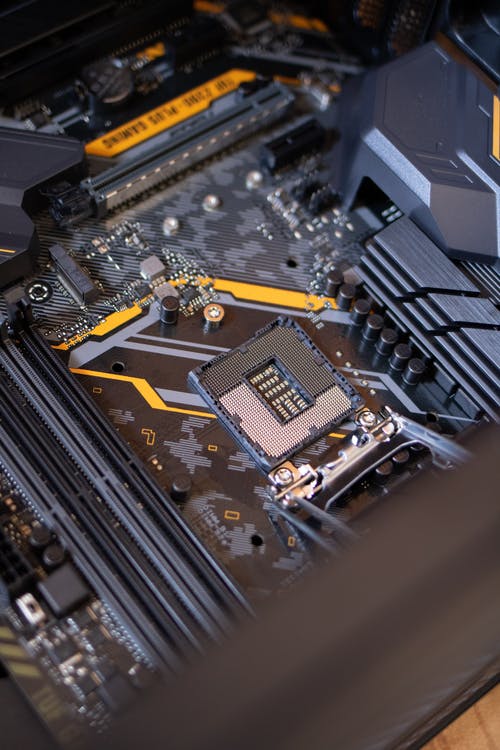A 12 months prior to now, not many people gave so much thought to semiconductors; you understand, those chips which may well be essential components in basically the entire thing like vehicles, pc programs, all kinds of house apparatus. Well, this pandemic, together with a few other components, led to a important shortage of semiconductors. And the Industry Department is now in quest of to resolve what’s going on. NPR’s Jackie Northam research.
JACKIE NORTHAM, BYLINE: So that you could understand why semiconductors are so onerous to go back by the use of, the Industry Department is examining the supply chain to seem if there could also be any hoarding or where the bottlenecks are. Paul Triolo, who heads up tech protection at the Eurasia Group, says the Biden control is doing this underneath drive from a key consumer of the ones chips – the automobile industry.
PAUL TRIOLO: That they had been necessarily probably the most impacted with regards to job loss and, you understand, loss of skill to offer vehicles as a result of those missing components.
NORTHAM: Industry Secretary Gina Raimondo gave semiconductor manufacturers, along with automobile companies and other end consumers like Apple, 45 days to offer supply chain information to her department. The point in time is this present day.
Ashley Feng is with the Atlantic Council’s International Business Hub. She says the request for information covers moderately numerous data.
ASHLEY FENG: Things like, you understand, your research and development processes, your manufacturing processes. And for, like, a semiconductor manufacturing company, a lot of those problems will also be technically classified as industry secrets and techniques and strategies.
NORTHAM: The request for information is not just for U.S. companies. It accommodates the two companies that dominate semiconductor manufacturing – South Korea’s Samsung and TSMC out of Taiwan. Feng says each and every the ones companies have an incentive to evolve to the Industry Department’s request for information. Otherwise, they will face a backlash.
FENG: Which is, you understand, in all probability being focused by the use of Congress, in all probability rather bit a lot much less – coping with moderately much less delightful environment from this control or U.S. policymakers principally. I suggest, to make sure that the ones corporations to do business in the usa, you understand, they have to abide by the use of the foundations.
NORTHAM: The Eurasia Group’s Triolo says some huge companies like Samsung, Intel and TSMC simply cannot turn over necessarily probably the most subtle details about their shoppers. He says most of it is tightly held as proprietary information.
TRIOLO: They’ve very strict non-disclosure agreements with their shoppers. In some cases, or in most cases, that information is not actually theirs to give or, you understand, it requires a lot of prison hoops to jump via proper right here. And that’s why I believe a lot of the firms are going to most probably – and business has agreed to this – to fuzzy-up this data.
NORTHAM: In numerous words, the computer chip makers might simply say what type of company it sells to quite than the fitting identify. John Miller is a senior vice president at the Information Era Industry Council, which represents 80 of the largest technology companies on the planet. He says ITI is supportive of the control’s efforts to maintain bottlenecks inside the supply chain, then again…
JOHN MILLER: I believe there are some exceptional questions merely spherical how the data it will likely be secure and the best way it will be used. So we’d actually like the data to be treated with the sensitivity and anonymity essential to keep away from jeopardizing the dealings of any given business.
NORTHAM: At the moment, this request for information is strictly voluntary, then again Raimondo has made it clear she might simply invoke the Coverage Protection Act, which would possibly energy companies to hand over information. The Industry Department says it has heard from various companies that they plan to be very coming close to close to with their data.
















